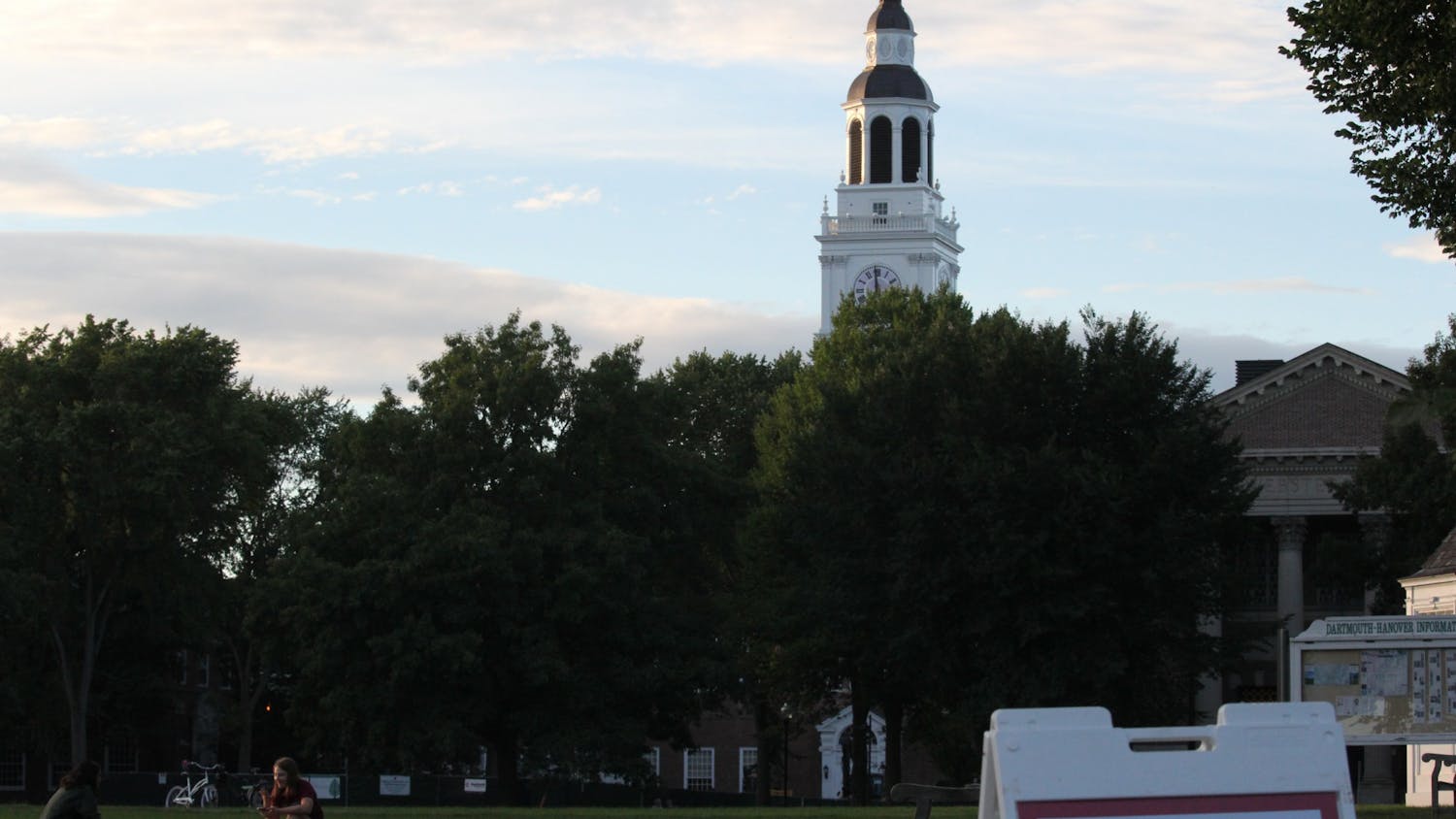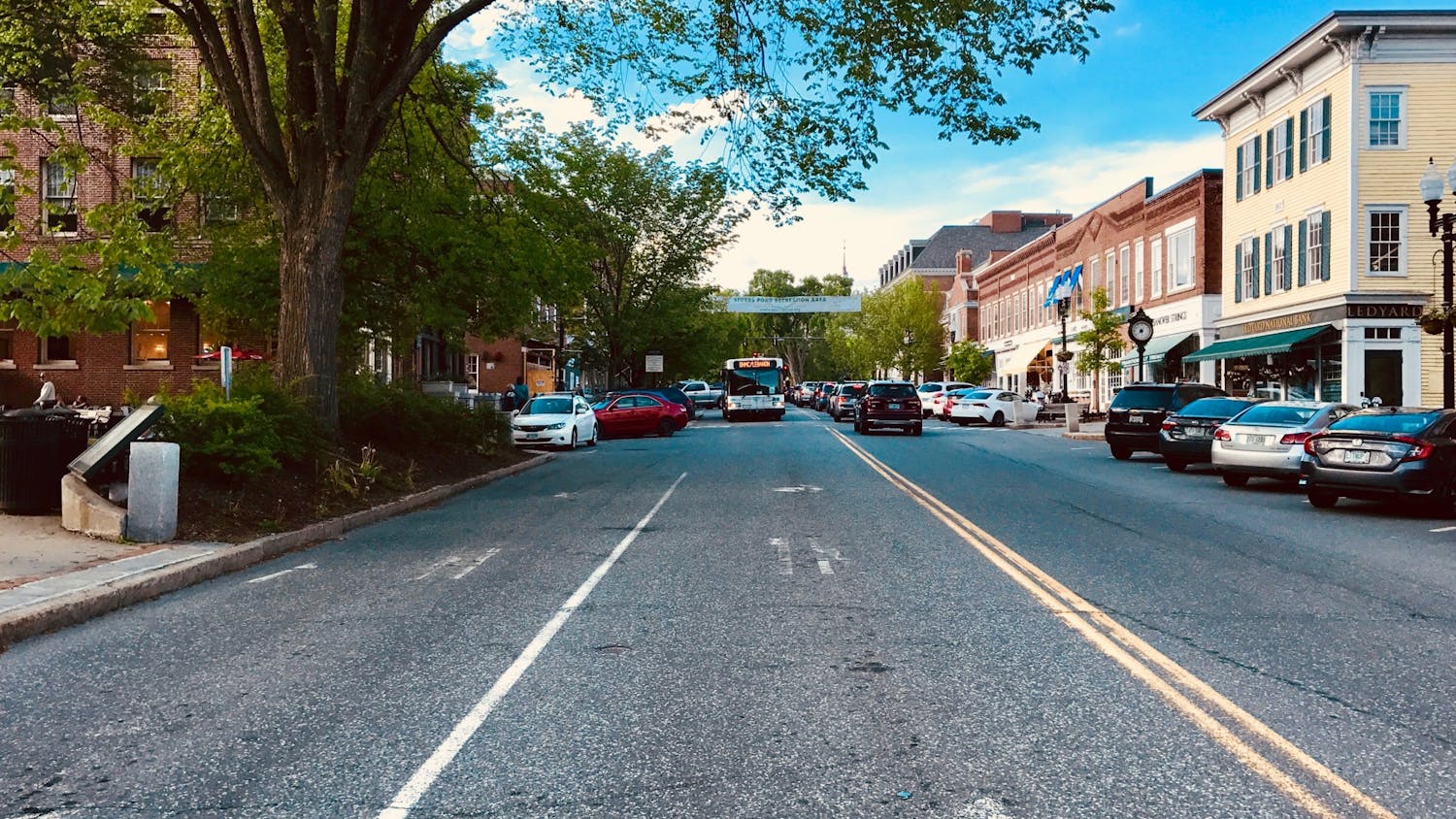Ask any Dartmouth student what they miss most about Hanover, and chances are a handful of bright-eyed sophomores and jaded seniors will say King Arthur Flour — generally referred to in the Dartmouth community as KAF. The popular cafe and baking goods supplier, now called King Arthur Baking Company, has secured a loyal following among Dartmouth students past and present. The promise of their spongy pepperoni pizza after class kept me alive during midterms, and grabbing an iced maple latte before my 10A quickly became a morning ritual. But it is not just the delicious bakery options that made Dartmouth students line up outside KAF’s doors like every day was opening day. At the heart of it all, KAF is a responsible company. By prioritizing social and environmental responsibility, corporations like KAF offer a workable, positive alternative to the shareholder-driven business model that has been popular in recent decades.
KAF’s website declares that the company is “a national business with the heart of a nonprofit.” And the facts largely show they mean it. In 2007, KAF became certified as a B Corporation — or B Corp, for short. This means that KAF, as with other B Corps — like Ben & Jerry’s and Patagonia — has made a public commitment to meeting tangible goals associated with social and environmental responsibility.
KAF has decided to pursue its own path: Since 2004, the company has been 100 percent employee-owned. True to its message of shared ownership, KAF participates in profit sharing with eligible employees, a progressive work practice that allows KAF’s employee-owners to directly share in the profits accrued by the company. According to a study conducted by the National Bureau of Economic Research, shared ownership plans like the kind KAF employs make employees happier and more productive. When companies value their own employees, their employees tend to value them back.
Recent research has shown little reason why more companies should not reprioritize their employees. In 2014, Massachusetts Institute of Technology professor Zeynep Ton found that companies that devote sizable resources toward long-term employee happiness can actually be more efficient and profitable than those companies that cut labor costs to boost their bottom line. Though employee-driven companies have higher labor costs than their competitors, they invest in their employees with the expectation that those well-paid, well-trained employees will contribute to the company in ways that cover their cost –– and according to Ton’s research, the money is well spent. In the span of two decades, KAF has grown from a small regional business into a national one with more than $100 million in annual sales. This growth hasn’t caused KAF to abandon its founding values — by promoting an organizational culture that genuinely values employee input, KAF continues to drive the movement toward a form of business that operates by and for the average American.
Outside of B Corps, American companies have been slow to follow up on the values they espouse. Nearly 200 CEOs signed the Business Roundtable statement last year pledging to serve the needs of their workers and the larger community. Despite those promises, however, Wharton School of Business professor Tyler Wry found that signers of the statement were more likely to announce layoffs or furloughs during the COVID-19 pandemic and less likely to offer customer discounts, donate to relief efforts and shift production to pandemic-related goods.
When it comes to promoting racial equity, results aren’t much different. Companies across the board, from Amazon to Spotify to Netflix, have declared solidarity with the Black community over the past couple months. While some companies may be genuine, particularly those that are pledging to donate, much of this corporate sentiment has been void of real meaning. Citigroup, for instance, has been quick to vocalize support for the Black community despite spending hundreds of thousands of dollars on the campaigns of politicians given an “F” rating by the NAACP based on their voting patterns on civil rights issues. At its worst, some companies have been participating in the business of branding Black pain and commodifying panic over the COVID-19 pandemic by using their advertising in a way that capitalizes on consumers’ social and financial insecurities during challenging times. By reducing these national and global tragedies into opportunism and performative actions, these companies wind up promoting undeserved reputations and extending oligarchic power into spaces where it shouldn’t belong.
On a foundational level, B Corps seek to realign the goals of business with the goals of the community rather than their shareholders, an objective that has been lost in the corporate world in recent decades. Companies like KAF practice what they preach, defining their goals in terms of broader values like environmental sustainability and employee happiness rather than focusing on profit. As young consumers are increasingly demanding that companies put their money where their mouth is, KAF’s popularity reflects the promise of a new economy that works better for the community and its workers. When it comes time to get down to business, we should let KAF lead the way.



